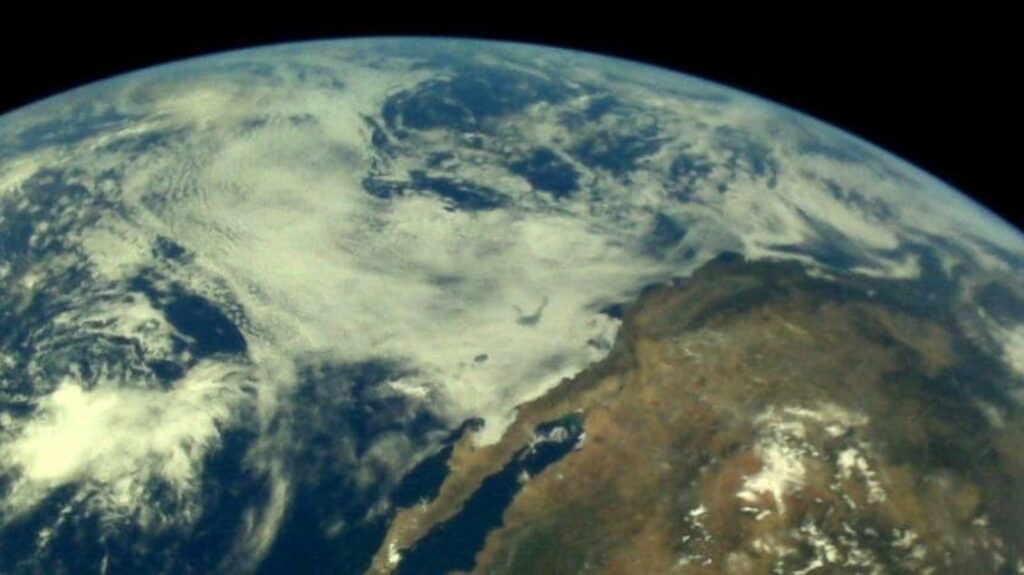*

Death toll rises to 15 due to heavy rains and floods
*
More areas need to be on alert due to rising river levels
*
Polish government announces state of disaster
*
Czech town of Litovel flooded, Jesenik begins cleanup
By David W. Czerny and Pawel Florkiewicz
JESENIK, Czech Republic/WARSAW, Sept 16 – The death toll from Central Europe’s worst floods in at least two decades rose on Monday, as authorities in some regions calculated the toll from the trail of destruction they left behind and others braced themselves for the crisis to hit them.
The border area between the Czech Republic and Poland suffered heavy damage over the weekend, with several bridges collapsing, forcing evacuations and damaging cars and homes, due to heavy rains and rising water levels since last week.
At least 15 people have been killed in floods from Austria to Romania.
The Polish government declared the affected areas to be in a state of natural disaster and said it was setting aside 1 billion zlotys to help victims.
Prime Minister Donald Tusk said he was in contact with leaders of other affected countries and would ask the European Union for financial assistance.
Michal Piszko, mayor of the Polish town of Kłodzko on the Czech border, said the waters had receded but help was needed.
“We need bottled water and dry food… Half the city has no electricity,” he told Polish radio.
Television footage showed streets in Kłodzko littered with rubble and mud, and in the Polish town of Nysa a hospital was evacuated and patients, including pregnant women and elderly people, were transported on rafts.
In the Czech border town of Jesenik, which was flooded on Sunday, cleanup began as waters receded, revealing damaged cars and debris on the streets.
“There was two metres of water in the streets and a mountain of destroyed cars,” resident Zdenek Krzylek said. “There was no telephone service, no water or electricity.”
Emil Dragomir, mayor of Slobozia Konachi in eastern Romania, where villages and towns were submerged over the weekend, told Romanian television the floods had had a devastating effect.
“If I was here I would immediately start crying because people are in despair… some people had only the clothes on their backs,” he said.
Preparation
While waters were receding in some areas, others were strengthening defenses in preparation for impending flooding.
The Topola reservoir in southern Poland has overflowed, spilling toward the village of Kozielno, and local authorities said residents of nearby towns and villages would be evacuated. In Wroclaw, in southwest Silesia, Mayor Jacek Stryk said the city of about 600,000 people was preparing for the waters to peak on Wednesday.
In the Czech Republic, the rising Morava river has submerged about 70 percent of the town of Litovel, 230 kilometers east of the capital, Prague, and forced the closure of schools and health facilities, the town’s mayor said in a Facebook video.
Parts of the northeastern Czech city of Ostrava were flooded, forcing the closure of a power plant and two chemical plants that supplied the city with heat and hot water.
Six people died in Romania in weekend floods. One Austrian firefighter died on Sunday. In the state of Lower Austria around Vienna, two men, aged 70 and 80, were found drowned in their home, a police spokesman said on Monday.
State news agency P reported five people were killed in Poland, while one person was killed in the Czech Republic, a police official said.
The Danube also rises
The Slovakian capital Bratislava and the Hungarian capital Budapest were bracing for possible flooding from rising waters on the Danube.
Hungarian Interior Minister Sandor Pinter said efforts were focused on keeping the river and its tributaries within their banks and that up to 12,000 soldiers were on standby to help.
In Austria, water levels in rivers and reservoirs receded overnight as rains eased, but authorities said they were bracing for a second wave as further heavy rains were expected.
This article has been generated from an automated news agency feed without any modifications to the text.



